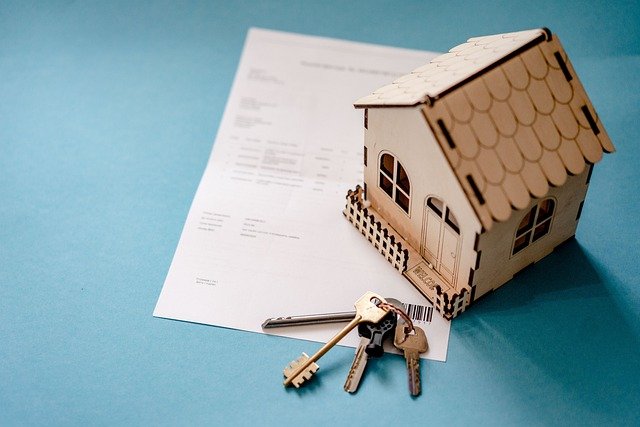Decoding the Influence of Infrastructure Development on Real Estate Value
Introduction: Is infrastructure the unsung hero influencing real estate value? The presence of sound infrastructure, from transportation systems to utilities, can significantly impact the desirability and, ultimately, the value of properties. Let's delve into the intricate relationship that links infrastructure development to real estate value.

The Infrastructure-Real Estate Value Nexus: A Brief History
Historically, infrastructure has played a pivotal role in shaping real estate markets worldwide. The advent of railroads in the 19th century, for instance, spearheaded urban expansion, leading to the blossoming of real estate markets around transportation hubs. Fast forward to the 21st century, the promise of a new airport or metro line still triggers a surge in property prices in its vicinity.
A Closer Look at Current Market Trends
Today, the real estate market is influenced not only by traditional forms of infrastructure like roads and railways but also by digital infrastructure such as high-speed internet connectivity. The rise of remote work has underscored the need for robust digital infrastructure, influencing property prices in regions with strong internet connectivity. Moreover, green infrastructure, such as parks and renewable energy facilities, are increasingly being recognized for their positive impact on property values.
Unpacking the Advantages and Challenges
Infrastructure development undeniably boosts real estate value by enhancing the accessibility, appeal, and livability of a locale. Improved connectivity and amenities can attract an influx of homebuyers and investors, driving up property prices. However, the process is not without challenges. Infrastructure projects can sometimes lead to displacement of residents and gentrification. Additionally, the potential increase in real estate value hinges on the timely completion and success of infrastructure projects, which may be susceptible to delays and cost overruns.
The Potential Impact on Buyers, Sellers, and Investors
For homebuyers, infrastructure development can offer improved quality of life and potential capital appreciation. Sellers, on the other hand, can leverage infrastructure growth to command higher prices. Investors can benefit from the increased rental demand and property value appreciation in areas earmarked for infrastructure upgrades. However, all parties should be cognizant of the risks and uncertainties associated with infrastructure projects.
The Future of Infrastructure and Real Estate
As we navigate through the 21st century, the definition of infrastructure will continue to evolve, encompassing elements like smart city technologies and climate-resilient structures. This broadening scope of infrastructure will invariably shape the real estate landscape, dictating property values and influencing investment strategies.
In conclusion, infrastructure development has a profound impact on real estate value, influencing the decisions of buyers, sellers, and investors. As the nature of infrastructure evolves, it’s crucial for stakeholders to stay abreast of these changes and their potential implications on the real estate market.




